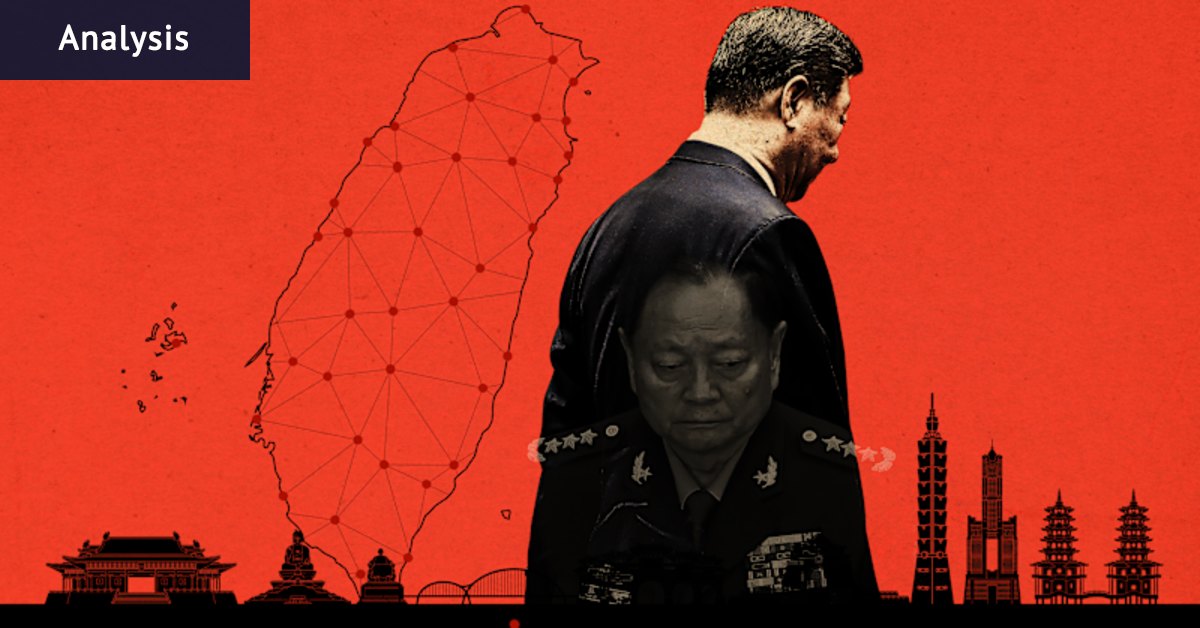
The Trump administration’s recent push for an Israeli-crafted resolution at the United Nations Security Council has ignited a firestorm of controversy. The resolution, aimed at eliminating the possibility of a Palestinian state, is being criticized as a guise of imperialism under the banner of a peace process. This development has raised alarms among international observers and human rights advocates who warn of its potential consequences.
The proposed resolution seeks to establish U.S. political control over Gaza, effectively separating it from the rest of Palestine. It also grants the U.S., and by extension Israel, the power to dictate the timeline for Israel’s withdrawal from Gaza—a timeline many fear may never materialize. Critics argue that this move represents a significant shift in Middle Eastern geopolitics, one that could undermine decades of efforts toward a two-state solution.
A Return to Mandate Politics?
The draft resolution outlines the creation of a U.S.-UK-dominated Board of Peace, chaired by Donald Trump, with extensive powers over Gaza’s governance, borders, reconstruction, and security. This board would effectively sideline the State of Palestine, conditioning any transfer of authority on its approval. The parallels to the British Mandate of a century ago are striking, with the U.S. assuming the role once held by Britain.
Experts have drawn comparisons to historical instances where foreign powers exerted control over territories under the guise of peacekeeping, often leading to prolonged conflicts and instability. As one analyst noted, “History repeats itself, first as tragedy, then as farce.” The proposed resolution is seen by many as an embodiment of this cycle.
International Reactions and Implications
The international community has reacted with a mix of condemnation and concern. Many nations view the resolution as a blatant attempt to legitimize Israeli control over Palestinian territories.
“The world must speak up with urgency and indignation,”
urged a human rights advocate, emphasizing the need for global action to prevent the resolution’s passage.
The resolution’s timing is particularly contentious, coming after the UN General Assembly’s overwhelming votes in favor of Palestinian statehood in July and September. These votes highlighted the growing international recognition of Palestine as a state, despite U.S. efforts to block its permanent UN membership through Security Council vetoes.
Strategic Maneuvers and Global Dynamics
For Israel, the resolution aligns with its broader strategy of achieving Greater Israel, a vision that involves expanding its territorial control. The U.S. has been accused of employing a divide-and-conquer approach, leveraging its influence to pressure Arab and Islamic states into compliance. Countries resisting these demands face economic and military repercussions, including restricted access to critical technologies and financial institutions.
This geopolitical chess game has far-reaching implications, not just for Palestine but for the entire region. The ongoing conflicts in the Horn of Africa, the Eastern Mediterranean, the Gulf, and Western Asia are seen as extensions of the U.S.-Israel alliance’s strategic interests.
Pathways to Peace
Amidst the controversy, there are calls for the UN Security Council to uphold its mandate of ensuring global security in line with international law. A truly peace-oriented resolution would involve several key elements:
- Recognition of Palestine as a sovereign UN member state, with the U.S. lifting its veto.
- Protection of the territorial integrity of both Palestine and Israel, based on the 1967 borders.
- Deployment of a UN-mandated protection force from Muslim-majority countries.
- Disarmament of belligerent non-state entities and assurance of mutual security for both nations.
The two-state solution remains a beacon of hope for many, representing a path toward genuine peace rather than the continuation of conflict and occupation. As the world watches, the actions of the U.S. and Israel will be scrutinized for their adherence to international norms and their commitment to a just resolution for the Palestinian people.
The outcome of this resolution will have lasting consequences, not only for the Middle East but for global diplomatic relations. The international community’s response will be pivotal in shaping the future of this longstanding conflict.







